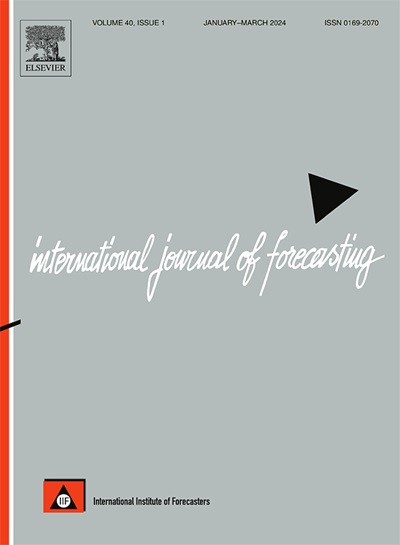情绪与现状:政治预测市场中的反在位偏见
IF 7.1
2区 经济学
Q1 ECONOMICS
引用次数: 0
摘要
情绪经常与政治联系在一起,新的研究证实了这种联系。负面情绪与反对现任候选人或政党的政治行为之间存在联系。我们研究了这种“反在位”的偏见是否会延伸到政治预测市场,这种情绪可能与经济理性相冲突。我们分析来自媒体预测的独特数据,这是一个商业预测市场。在交易执行之前,参与者被要求为他们的行为写一份理由。使用文本分析,我们测量了交易者购买预测现任候选人或政党变化的合约的理由的情感情绪。与反在位性偏见一致,挑战者合同购买者的理由具有显著更高的负面情绪得分。我们在与2012年美国总统大选和2015年英国大选相关的预测市场中记录了这一发现。我们得出的结论是,尽管存在相反的激励,但交易者在政治股票市场中的行为与与在位地位相关的强烈情绪有关。本文章由计算机程序翻译,如有差异,请以英文原文为准。
Emotions and the status quo: The anti-incumbency bias in political prediction markets
Emotions are often associated with politics, with new research confirming this connection. There is a link between negative emotions and political actions that oppose an incumbent candidate or party. We examine whether this “anti-incumbency” bias extends to political prediction markets, where such emotions can conflict with economic rationality. We analyze unique data from Media Predict, a commercial prediction market. Before a trade is executed, participants are asked to write a justification for their actions. Using text analysis, we measure the emotional sentiment of the justifications of traders buying contracts predicting a change in the incumbent candidate or party. Consistent with anti-incumbency bias, the justifications of buyers of a challenger contract had significantly more negative emotional sentiment scores. We document this finding in prediction markets associated with the 2012 US Presidential Election and the 2015 UK General Election. We conclude that, despite incentives to the contrary, traders’ actions in political stock markets are associated with strong emotions tied to incumbency status.
求助全文
通过发布文献求助,成功后即可免费获取论文全文。
去求助
来源期刊

International Journal of Forecasting
Multiple-
CiteScore
17.10
自引率
11.40%
发文量
189
审稿时长
77 days
期刊介绍:
The International Journal of Forecasting is a leading journal in its field that publishes high quality refereed papers. It aims to bridge the gap between theory and practice, making forecasting useful and relevant for decision and policy makers. The journal places strong emphasis on empirical studies, evaluation activities, implementation research, and improving the practice of forecasting. It welcomes various points of view and encourages debate to find solutions to field-related problems. The journal is the official publication of the International Institute of Forecasters (IIF) and is indexed in Sociological Abstracts, Journal of Economic Literature, Statistical Theory and Method Abstracts, INSPEC, Current Contents, UMI Data Courier, RePEc, Academic Journal Guide, CIS, IAOR, and Social Sciences Citation Index.
 求助内容:
求助内容: 应助结果提醒方式:
应助结果提醒方式:


